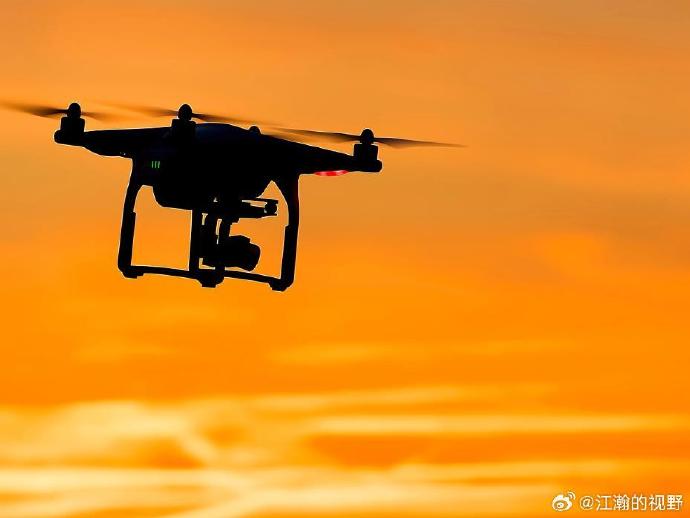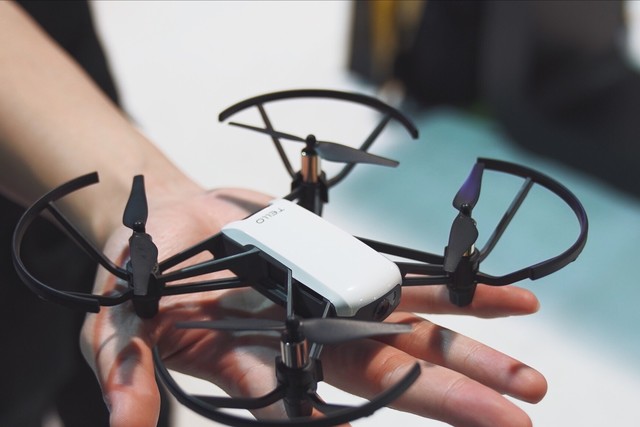In the rapidly evolving landscape of modern warfare, combat drones have emerged as a pivotal technology reshaping military strategies worldwide. These unmanned aerial vehicles (UAVs), equipped with state-of-the-art technology, play a crucial role in surveillance, reconnaissance, and targeted attacks, marking a new era in defense mechanisms.
Combat drones offer several advantages over traditional manned aircraft. For one, they significantly reduce the risk to human life by removing the pilot from the battlefield. This reduction in risks allows military operations to be conducted more boldly and with higher precision and accuracy. Furthermore, drones are often more cost-effective compared to maintaining and flying manned aircraft.
The Multifaceted Roles of Combat Drones

Combat drones perform a variety of roles that are critical in the battlefield. From intelligence gathering to direct attack missions, the scope of their capabilities continues to expand. Recent advancements in AI technology have further enhanced their ability to operate autonomously, carrying out missions with minimal human intervention.
Stealth and Efficiency
Drones can be deployed for covert operations, thanks to their sophisticated stealth technology. These capabilities enable them to infiltrate enemy territories undetected, gathering crucial intelligence or carrying out surgical strikes. This not only increases mission success rates but also minimizes collateral damage, adhering to international laws of armed conflict.
Technological Advancements and Future Trends
As technology continues to advance, the future of combat drones is becoming even more promising. Prominent nations are investing heavily in developing next-generation drones with enhanced payload capacities, improved flight endurance, and the ability to swarm and collaborate on complex missions.
“The future of warfare could very well be unmanned.” – Military Analyst
This statement underscores the shift towards unmanned systems that can operate in various environments, including land and sea-based platforms, effectively making them a versatile asset in military arsenals worldwide.
Limitations and Ethical Considerations
Despite their advantages, combat drones have sparked debates surrounding ethical and legal concerns. Issues such as civilian casualties and the potential for autonomous drones to make life-death decisions have raised profound ethical questions. Addressing these concerns is paramount for countries adopting these technologies in their military operations.
Integration and Global Impact

As more countries integrate drones into their military forces, the geopolitical landscape may shift, fostering new alliances as nations collaborate on drone technology. This trend could either stabilize global relations through deterrence or escalate arms races as countries vie for superior drone capabilities.
FAQs on Combat Drones
- What are the key benefits of using combat drones? Combat drones reduce risks to military personnel while providing precise and cost-efficient operations.
- How does AI impact the functionality of modern combat drones? AI enhances autonomy, allowing drones to perform complex missions with little to no human control.
- Are there ethical concerns surrounding the use of combat drones? Yes, ethical issues include the potential for increased civilian casualties and the complexities of autonomous decision-making in life-death scenarios.
The conversation around combat drones will continue to evolve as technology develops, demanding constant reevaluation of their role in modern warfare.
